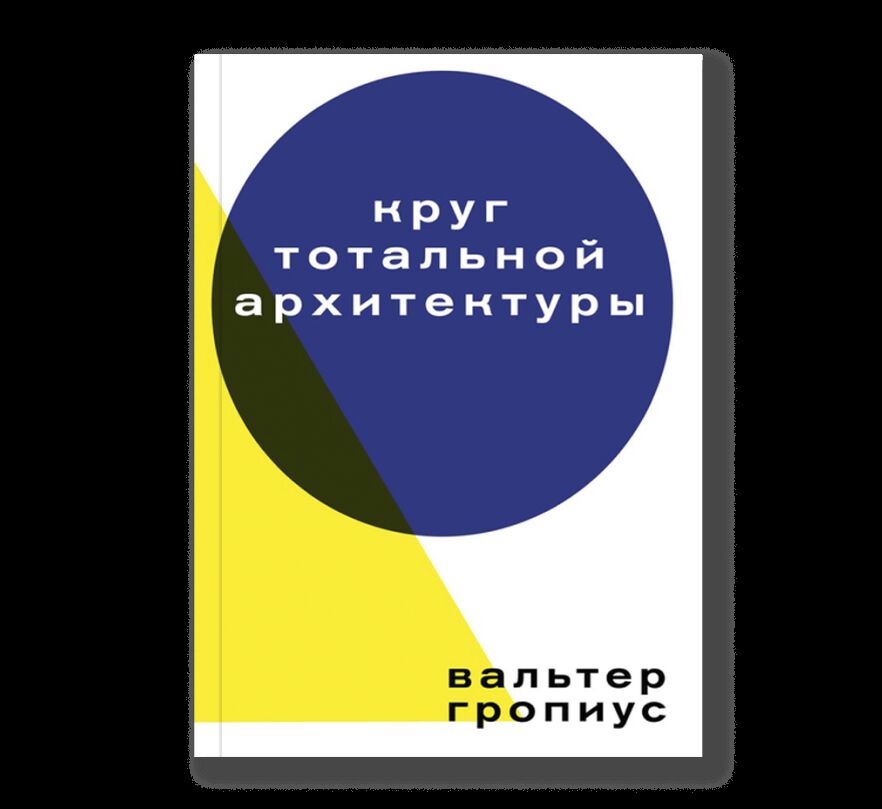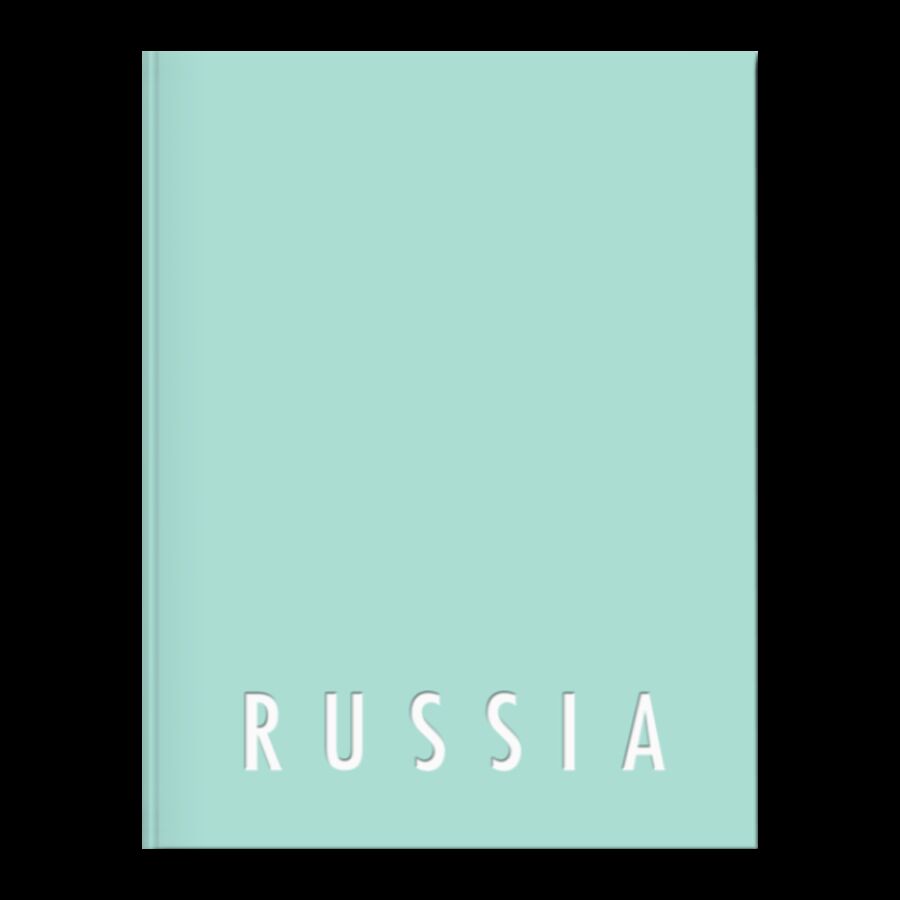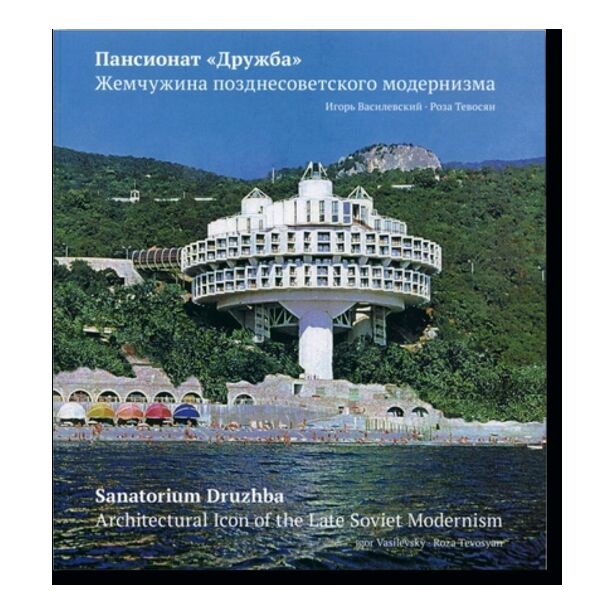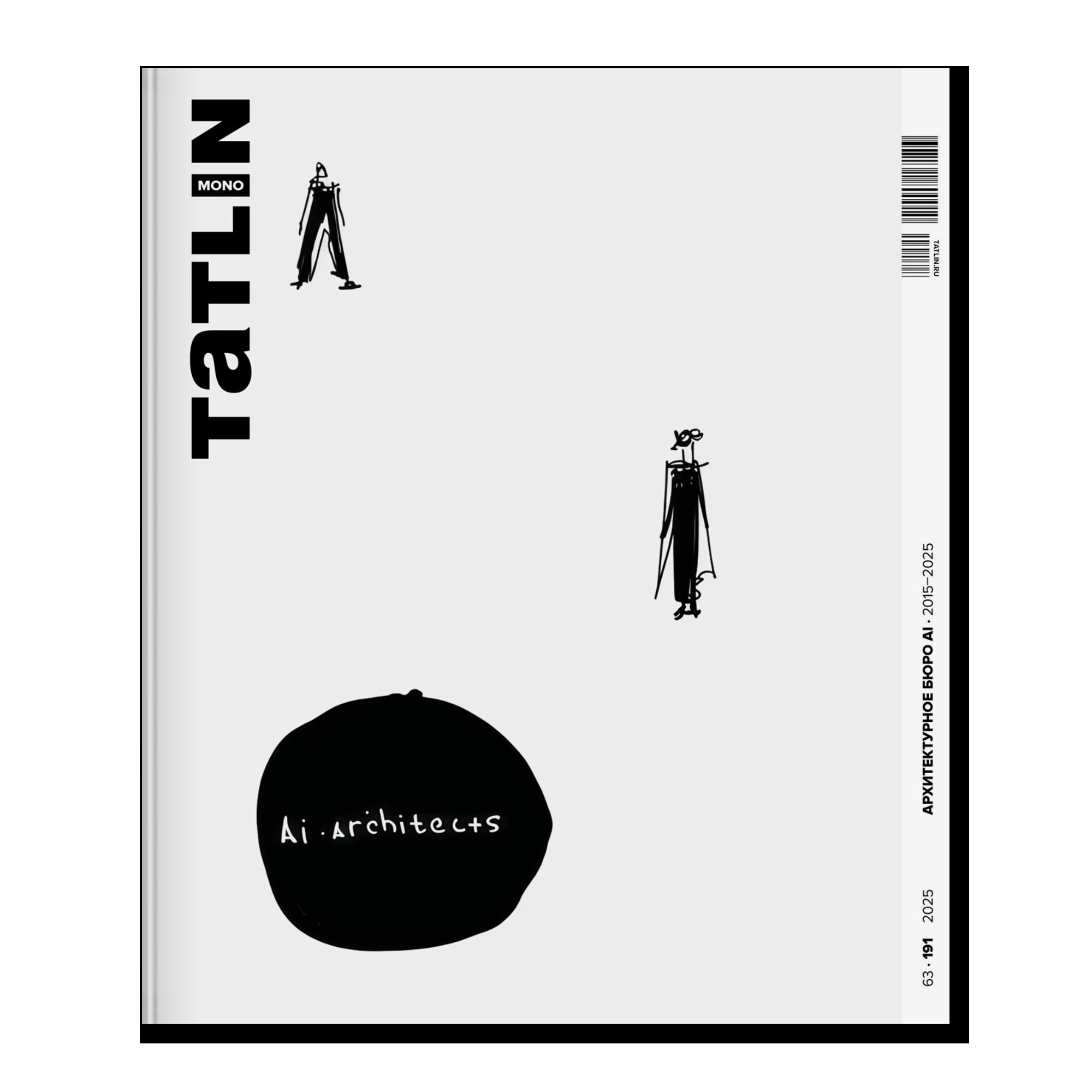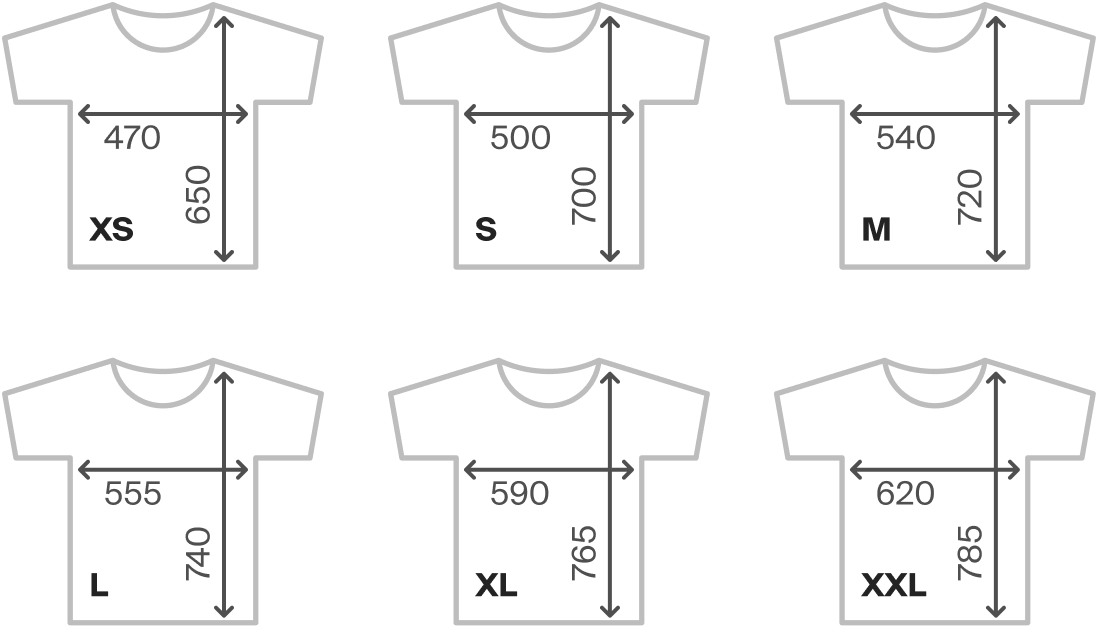Scope of Total Architecture
- Year: 2017
- Language: Russian
- Publisher: Ad Marginem
- ISBN: 9785911033873
- Page: 208
- Cover: paperback
- About the Book
Key texts by one of the main modernist architects and theorists, the founder of the Bauhaus School, Walter Gropius.
Compiled by the author himself, this collection of over a dozen texts includes lectures and articles read or written by Gropius from 1937 to 1952, when he taught at Harvard, as well as a range of essays covering a broader period of his work: from the brilliant experiments at Bauhaus, which he headed for the ten years after it was founded, to the post-war International Style. The collection was previously published in Russian in 1971.
Scope of Total Architecture contains theoretical writings on the nature and ‘archaeology’ of architecture, its historical context, and its role in the industrial society of the time the book was written. Gropius admits that it was only after the First World War that he was able to formulate the tasks he set for himself as an architect. Those consisted of creating a new set of values that would ‘generate an integrated expression of thought and feeling for our time.’ ‘How such a unity might be attained to become the visible pattern for a true democracy,’ he writes in the introduction, ‘that is the topic of this book.’
Contrary to the purely functional and formal approaches popular at the time, Gropius saw architecture as an integral part of life. Apart from theoretical writings, his vision was reflected in dozens of built projects. Gropius received acclaim early in his career, and although—along with Mies van der Rohe and Le Corbusier—he was regarded as one of the pioneers of modernist architecture, his writings are far from a modernist manifesto and instead call for a humanist and ‘purely organic’ architecture that would constantly evolve and change its paradigm
